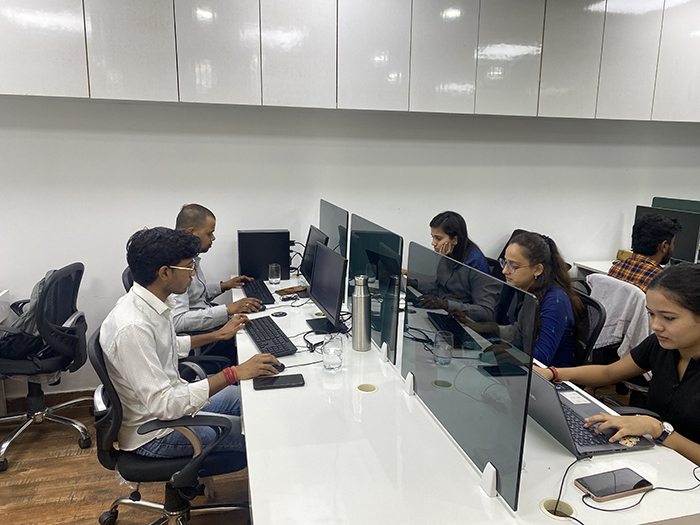Definition of ITO?
Definition of ITO
IT Process Outsourcing refers to the practice of contracting out specific IT functions or processes to third-party service providers. These processes can range from infrastructure management and application development to technical support and cybersecurity.
Types of IT Processes Outsourced
- Infrastructure Management: Includes managing and maintaining hardware, software, networks, and data centers.
- Application Development and Maintenance: Outsourcing the design, development, testing, and ongoing support of software applications.
- Technical Support: Providing helpdesk services, troubleshooting, and user support.
- Cybersecurity Services: Outsourcing security assessments, monitoring, and incident response to protect against cyber threats.
- Data Management: Handling data storage, backup, retrieval, and analytics.
- Cloud Services: Leveraging third-party cloud providers for hosting, storage, and computing resources.
Benefits of ITO
- Cost Savings: Outsourcing IT processes can lead to significant cost reductions by eliminating the need for in-house infrastructure and personnel.
- Access to Specialized Skills: Service providers often possess expertise in specific IT domains, allowing businesses to access high-quality talent.
- Focus on Core Competencies: By outsourcing non-core IT functions, organizations can focus their resources and efforts on strategic initiatives that drive business growth.
- Scalability and Flexibility: ITO allows businesses to scale IT resources up or down based on demand, providing greater flexibility to adapt to changing business requirements.
- Risk Mitigation: Outsourcing IT processes to experienced providers can mitigate risks associated with technology implementation, compliance, and security.
Challenges of ITO
- Security Concerns: Entrusting sensitive data and systems to external vendors can raise security and privacy concerns.
- Communication and Coordination: Maintaining effective communication and collaboration between the client and the service provider is crucial for successful ITO.
- Quality Control: Ensuring consistent quality of service delivery across different geographical locations and vendors can be challenging.
- Dependency Risks: Overreliance on external vendors may pose risks in terms of dependency and vendor lock-in.
- Regulatory Compliance: Compliance with industry regulations and data protection laws becomes more complex when outsourcing IT processes.
Best Practices for ITO
- Define Clear Objectives: Clearly outline the goals and expectations of the outsourcing arrangement to align with business objectives.
- Selecting the Right Partner: Conduct thorough due diligence when selecting an outsourcing partner, considering factors such as expertise, track record, and cultural fit.
- Establish Robust Contracts: Draft comprehensive contracts that define service levels, responsibilities, performance metrics, and dispute resolution mechanisms.
- Effective Communication: Establish regular communication channels and governance structures to facilitate transparency and collaboration.
- Risk Management: Implement robust security measures, risk assessment processes, and contingency plans to mitigate potential risks.
- Continuous Monitoring and Evaluation: Regularly monitor the performance of the outsourcing arrangement against predefined metrics and benchmarks to identify areas for improvement.
Conclusion
IT Process Outsourcing offers compelling benefits for organizations seeking to streamline their IT operations, drive efficiency, and remain competitive in today's digital landscape. However, successful ITO requires careful planning, diligent execution, and proactive management to overcome challenges and realize its full potential as a strategic enabler of business transformation.
